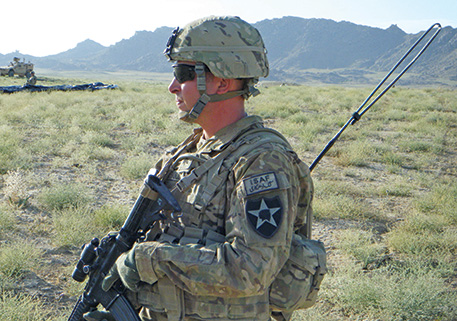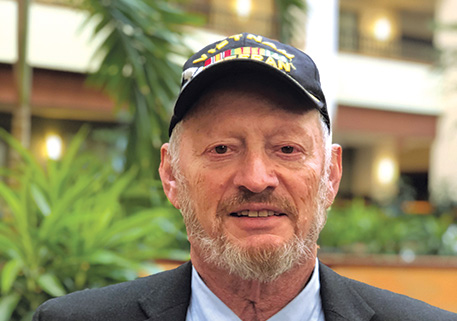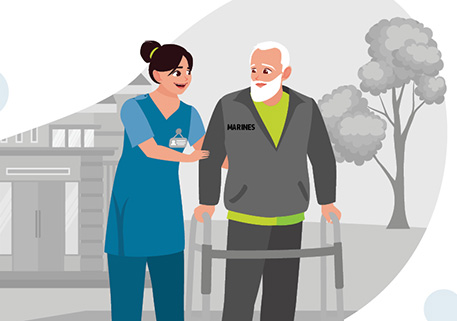The congressionally-mandated Commission on Care released its final report on veterans health care reform in July. DAV was pleased with most of the recommendations from the comprehensive panel that largely echo those of veterans groups, Congress and the Department of Veterans Affairs. However, DAV and other veterans service organizations (VSOs) rejected certain Commission recommendations that could undermine the VA health care system.
In September, DAV National Legislative Director Joy Ilem—along with other leading VSOs—was invited to provide testimony before the Senate Committee on Veterans’ Affairs. In her testimony, Ilem told the committee about concerns DAV has with the Commission on Care report.
While there is widespread support for the Commission’s recommendation to create integrated networks of VA and community providers, the VSOs rejected the Commission’s proposal on access to primary and specialty care that would lead to the creation of a parallel health care system to VA. Such a plan could shift more than 40 percent of the medical care directly provided by VA to this parallel system, weaken care coordination, unnecessarily drive up costs, and ultimately lead to worse health outcomes for veterans.
DAV and other leading VSOs also did not support the Commission’s recommendation to create an independent Board of Directors. Ilem testified, “Creating an independent Board to manage VA health care separate from other VA programs would seriously weaken coordination of other VA benefits and services that is the cornerstone of VA’s efforts to help veterans transition and recover from their service.”
Finally, Ilem told the committee that while the report was thoughtful and provided many reasonable recommendations for reform of veterans’ health care, some areas did not receive sufficient deliberation.
“We are alarmed that the Commission report specifically states that no consideration was given to whether its recommended option to access private sector care would weaken or diminish VA’s medical training and research program,” Ilem said. “VA’s medical education and world-class clinical research programs help to ensure veterans receive the most current, safest, and effective treatments available for service-related conditions, and also help to advance the standard of health care both within VA and the entire American medical community.”
“With veterans and veterans advocates coalescing around this common framework, it’s time to put an end to discussion about dismantling the VA health care system and move forward on common ground to strengthen, reform and augment the VA system,” said Washington Headquarters National Director Garry Augustine.
For more detail on DAV’s recent testimony on the Commission on Care recommendations, click here (https://www.dav.org/wp-content/uploads/Ilem20160914.pdf).






